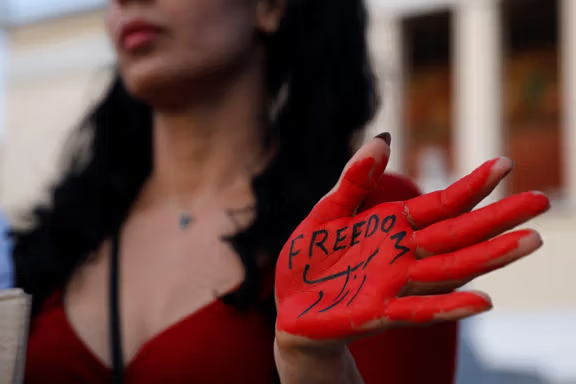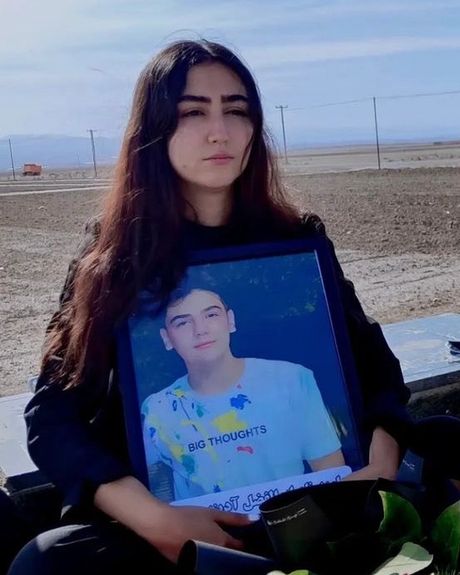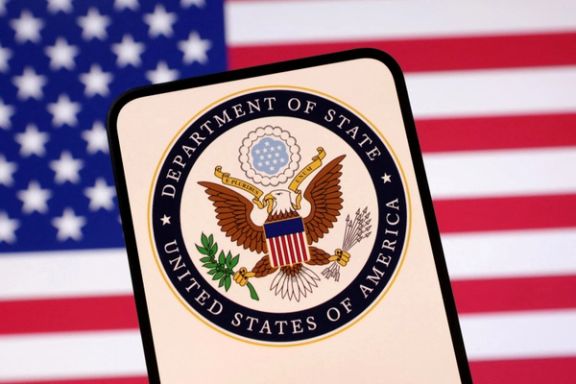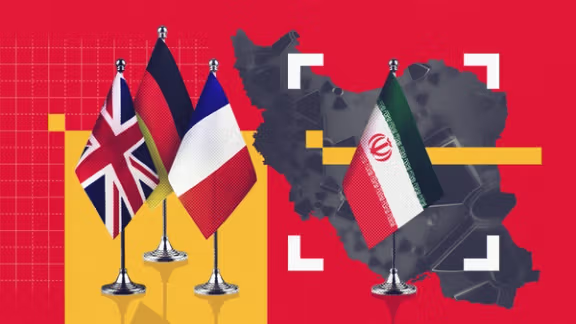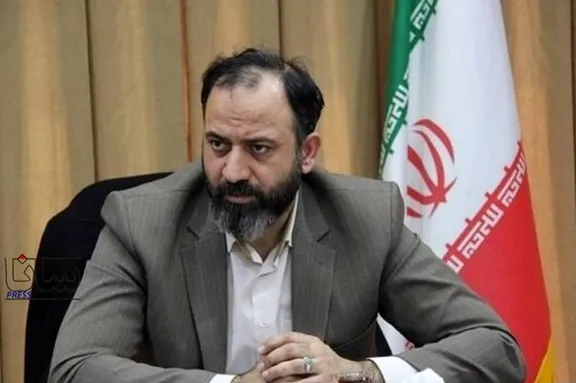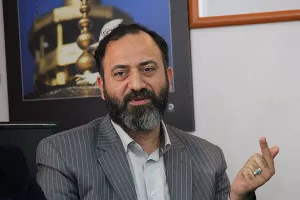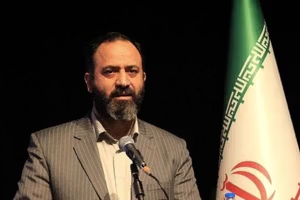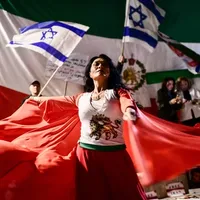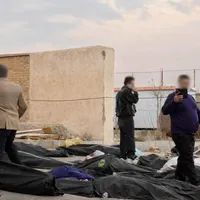From the earliest days after the death of Mahsa Amini in morality police custody three years ago, family memorials and funerals became focal points for renewed protest.
Victims' kin insist that remembrance itself is a form of resistance, and safeguarding the right to mourn is central to winning truth and justice.
In Iran, funerals and anniversaries have long been potent political tools. They gather people across social and geographic divides, create moments of public memory and sustain narratives of grievance and solidarity.
The 2022–23 protests frequently reignited during burials and 40-day mourning periods. Since then, authorities have continued to dismantle these anniversary rituals through arrests, intimidation, legal harassment and tight security controls at cemeteries where the victims are buried.
Families who refuse to forget
Despite these pressures, families persist. They gather at cemeteries, share photos and videos on social media, and hold private ceremonies to honor their loved ones. Many celebrate birthdays and New Year holidays at graves, bringing cakes, flowers, and posting images online as quiet acts of resistance.
Like previous years, Mahsa Amini’s father, Amjad Amini, published a defiant message on September 14 in remembrance of his daughter on Instagram.
“The memory and demand for justice for Mahsa and the other slain protesters will never be forgotten,” he wrote.
Menaced for mourning
The case of Mashallah Karami demonstrates the lengths to which the state will go to scotch remembrances. His son, Mohammad-Mehdi Karami, along with co-defendant Mohammad Hosseini, was executed in January 2023 for alleged involvement in the death of a Basij militia member in Karaj in central Iran. They denied the charges.
Karami’s father, a street vendor who campaigned relentlessly for his son and Hosseini, was arrested in August 2023 during a security raid. Authorities froze the family’s bank accounts and repeatedly destroyed plaques commemorating the men.
He now serves an eight-year and ten months sentence in prison on fabricated charges of money laundering and obtaining property through illegitimate means, on top of fines and asset confiscations. His appeals for a retrial were rejected by the Supreme Court this month.
Similarly, Mohammad Javad Zahedi, 20, from Sari in northern Iran, was shot dead in September 2022 while on his way to a pharmacy, his body showing close to a hundred pellet wounds.
His mother, Mahsa Yazdani, launched a social media campaign demanding justice but was arrested ahead of the first anniversary of his death.
She was sentenced to 13 years in prison, including a mandatory five-year term, on charges of insulting sacred values and inciting people to disrupt national security, insulting the Supreme Leader and propaganda against the system.
Her sentence was later commuted to home detention with an electronic ankle bracelet, and she was finally released in March after serving two years.
Lawyers in the dock
Legal defenders of these families have also faced persecution.
Saleh Nikbakht, winner of the European Parliament’s Sakharov Prize in 2023, who represented Mahsa Amini’s family, was sentenced to one year in prison for interviews with Persian-language media outside Iran and cooperation with hostile states.
Another lawyer, Khosrow Alikordi, was likewise sentenced to one year in prison for propaganda in favor of opposition groups. He represented the prosecuted members of Abolfazl Adinehzadeh’s family.
Adinehzadeh, a seventeen-year-old student, was shot with over 70 pellets in Mashhad during the protests.
Several of his family members, including his father and sister were charged with propaganda against the system. They had been detained at his gravesite on the first anniversary of his death.
